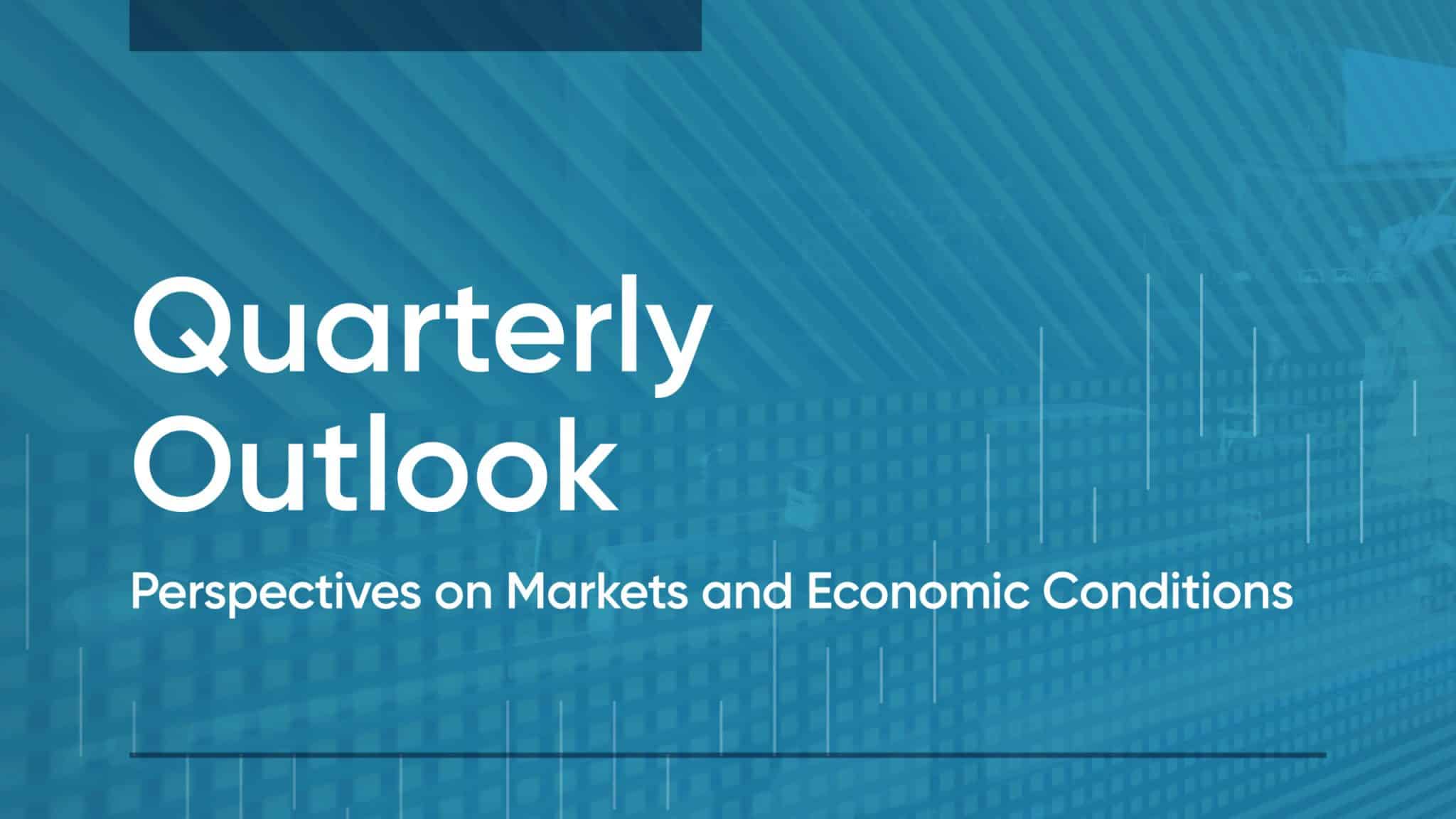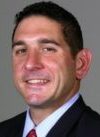In this episode, Steve talks with Larry Swedroe, Chief Research Officer at Buckingham Strategic Wealth.
Larry’s father was a stock market junkie who purchased stocks for Larry the day he was born. When kids his age were reading comics, Larry was reading the financial section of the New York Times. Larry’s ferocious interest in investing persisted throughout college and into his early career. After earning his MBA and, ultimately, a Ph.D. in economics and international trade theory, Larry landed a job at Citi Corp before transitioning into their homeowner’s division. At the time, mortgages were the hot new financial ticket.
A million-dollar mistake taught Larry the importance of broad diversification. As he developed within the financial services industry, he learned that keeping an open mind and holding your opinions loosely was the best way to work and live.
Larry talks with Steve about his incredible journey in the industry, the power of positivity, why ego is overrated, and what ultimately led Larry to partner with Buckingham in the 1990s and commit to helping advisors full-time.
“Your ideas should not be tied up with your sense of self-worth as a person. When you learn something new, be open to it, and here’s what you should tell yourself: ‘I’m glad I learned I was wrong, I’m now smarter.’” ~ Larry Swedroe
Main Takeaways
- As advisors, you have to be passionate about the ideas and processes you’re recommending to your clients. You must have a point of view that’s (nearly) unwavering. If you can’t convey your ideas with passion and conviction, no one will listen to you.
- Be wary of your pessimism. Staying negative is no way to live, but that pessimism also seeps into your ability to predict financial outcomes. You can’t always assume the worst is coming.
- When the evidence doesn’t mesh with your theories, you must toss the theory away, not the evidence. Judge the quality of your decisions by the decision-making process, not by the outcome.
- When people are emotional, they rarely listen to reason and they rarely make good decisions. So advisors must learn to be psychologists and speak to their clients on an emotional level rather than spewing facts and academic theory and hoping it will stick.
- Clients shouldn’t dismiss more passive investing strategies because effort should never be confused with results.
Links and Important Mentions
- Larry on LinkedIn
- Citi Corp
- A Random Walk Down Wall Street by Burton Malkiel
- Dimensional
- Bitcoin
- The Incredible Shrinking Alpha by Larry Swedroe & Andrew Berkin
Subscribe and Stay in Touch
In this episode, Steve talks with Larry Swedroe, Chief Research Officer at Buckingham Strategic Wealth.
Larry’s father was a stock market junkie who purchased stocks for Larry the day he was born. When kids his age were reading comics, Larry was reading the financial section of the New York Times. Larry’s ferocious interest in investing persisted throughout college and into his early career. After earning his MBA and, ultimately, a Ph.D. in economics and international trade theory, Larry landed a job at Citi Corp before transitioning into their homeowner’s division. At the time, mortgages were the hot new financial ticket.
A million-dollar mistake taught Larry the importance of broad diversification. As he developed within the financial services industry, he learned that keeping an open mind and holding your opinions loosely was the best way to work and live.
Larry talks with Steve about his incredible journey in the industry, the power of positivity, why ego is overrated, and what ultimately led Larry to partner with Buckingham in the 1990s and commit to helping advisors full-time.
Pullquote
“Your ideas should not be tied up with your sense of self-worth as a person. When you learn something new, be open to it, and here’s what you should tell yourself: ‘I’m glad I learned I was wrong, I’m now smarter.’” ~ Larry Swedroe
Main Takeaways
- As advisors, you have to be passionate about the ideas and processes you’re recommending to your clients. You must have a point of view that’s (nearly) unwavering. If you can’t convey your ideas with passion and conviction, no one will listen to you.
- Be wary of your pessimism. Staying negative is no way to live, but that pessimism also seeps into your ability to predict financial outcomes. You can’t always assume the worst is coming.
- When the evidence doesn’t mesh with your theories, you must toss the theory away, not the evidence. Judge the quality of your decisions by the decision-making process, not by the outcome.
- When people are emotional, they rarely listen to reason and they rarely make good decisions. So advisors must learn to be psychologists and speak to their clients on an emotional level rather than spewing facts and academic theory and hoping it will stick.
- Clients shouldn’t dismiss more passive investing strategies because effort should never be confused with results.
Links and Important Mentions
- Larry on LinkedIn
- Citi Corp
- A Random Walk Down Wall Street by Burton Malkiel
- Dimensional
- Bitcoin
- The Incredible Shrinking Alpha by Larry Swedroe & Andrew Berkin







